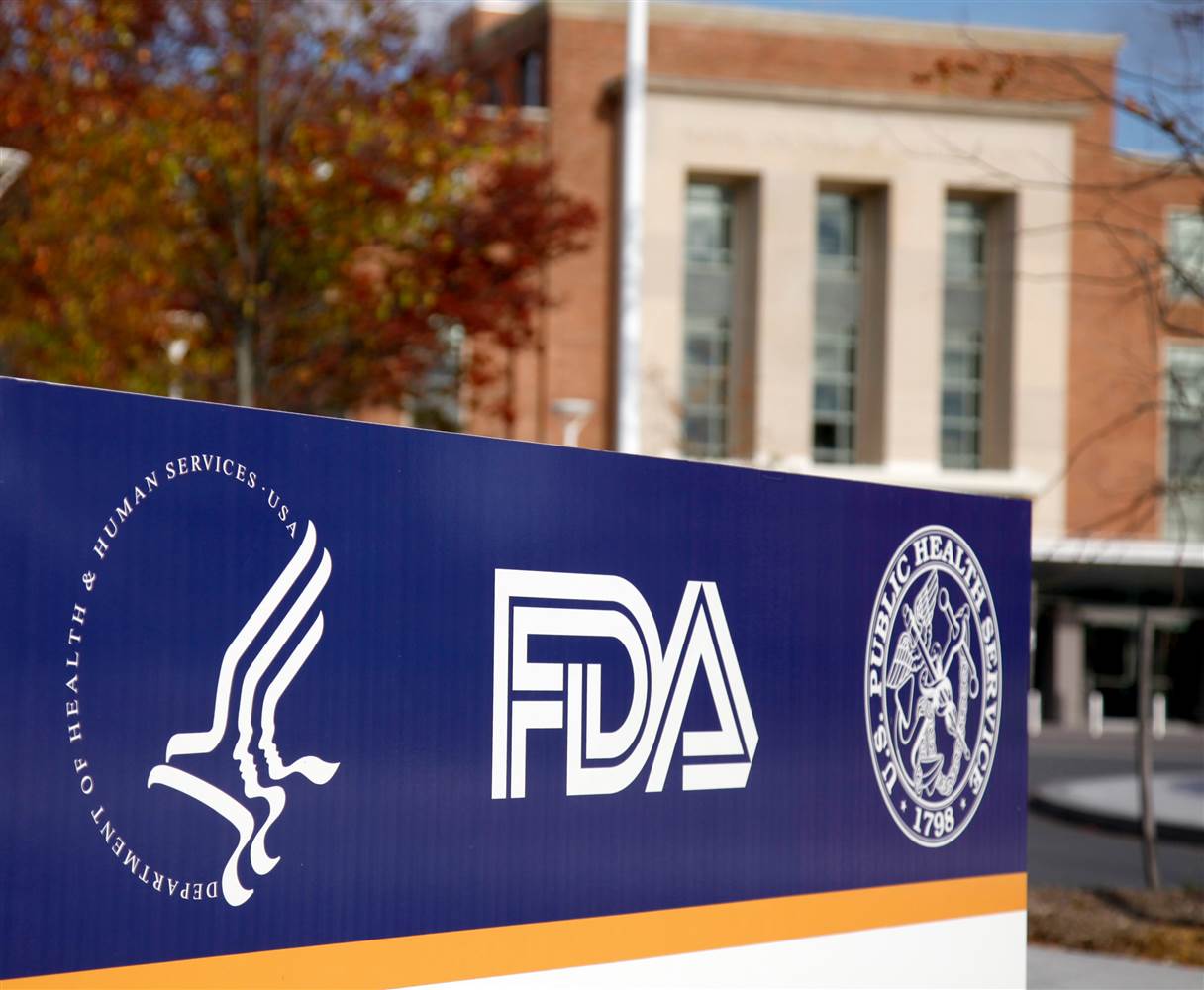Bristol-Myers Squibb Gets FDA Approval for its Liver Drug Opdivo
It was an exciting day for Bristol-Myers Squibb on Monday. The Food and Drug Administration has approved the company’s immuno-oncology drug Opdivo for intravenous use for patients with hepatocellular carcinoma (HCC) who have been previously treated with Nexavar.
Hepatocellular carcinoma is the most common type of liver cancer there is.
The approval of the drug was based on tumor response rate and the duration of response.
President of U.S. Commercial Bristol-Myers Squibb, Chris Boerner, commented, “We are proud to bring the potential for clinically meaningful responses with Immuno-Oncology therapy to these advanced-stage HCC patients, who have had limited treatment options for years. Today’s approval marks an important step toward our mission of delivering transformational medicines to treat conditions with a high unmet need.”
According to a American Cancer Society (ACS) report, liver cancer in the U.S. is expected to grow and that it is growing at a faster rate than any other cancer.
Adrian M. Di Bisceglie, M.D., the co-director, Saint Louis University Liver Center, Chief of Hepatology, commented,
“Unfortunately, the majority of HCC patients are diagnosed with advanced-stage disease and are not candidates for potentially curative surgical interventions. More options are needed for advanced-stage HCC patients who have failed prior systemic therapy.”
“In recent years, there has been growing interest in leveraging immuno-oncology knowledge and discoveries to add to the treatment options available for patients with advanced-stage liver cancer,” explained Anthony B. El-Khoueiry, M.D.
El-khoueiry is the lead investigator and associate professor of clinical medicine and phase I program director at the Keck School of Medicine of University of Southern California (USC) and the USC Norris Comprehensive Cancer Center.
“The approval of Opdivo provides us with an encouraging approach and a new treatment option for appropriate patients with HCC following prior systemic therapy,” he further said.
Disclaimer: We have no position in Bristol-Myers Squibb Co. (NYSE: BMY) and have not been compensated for this article.


